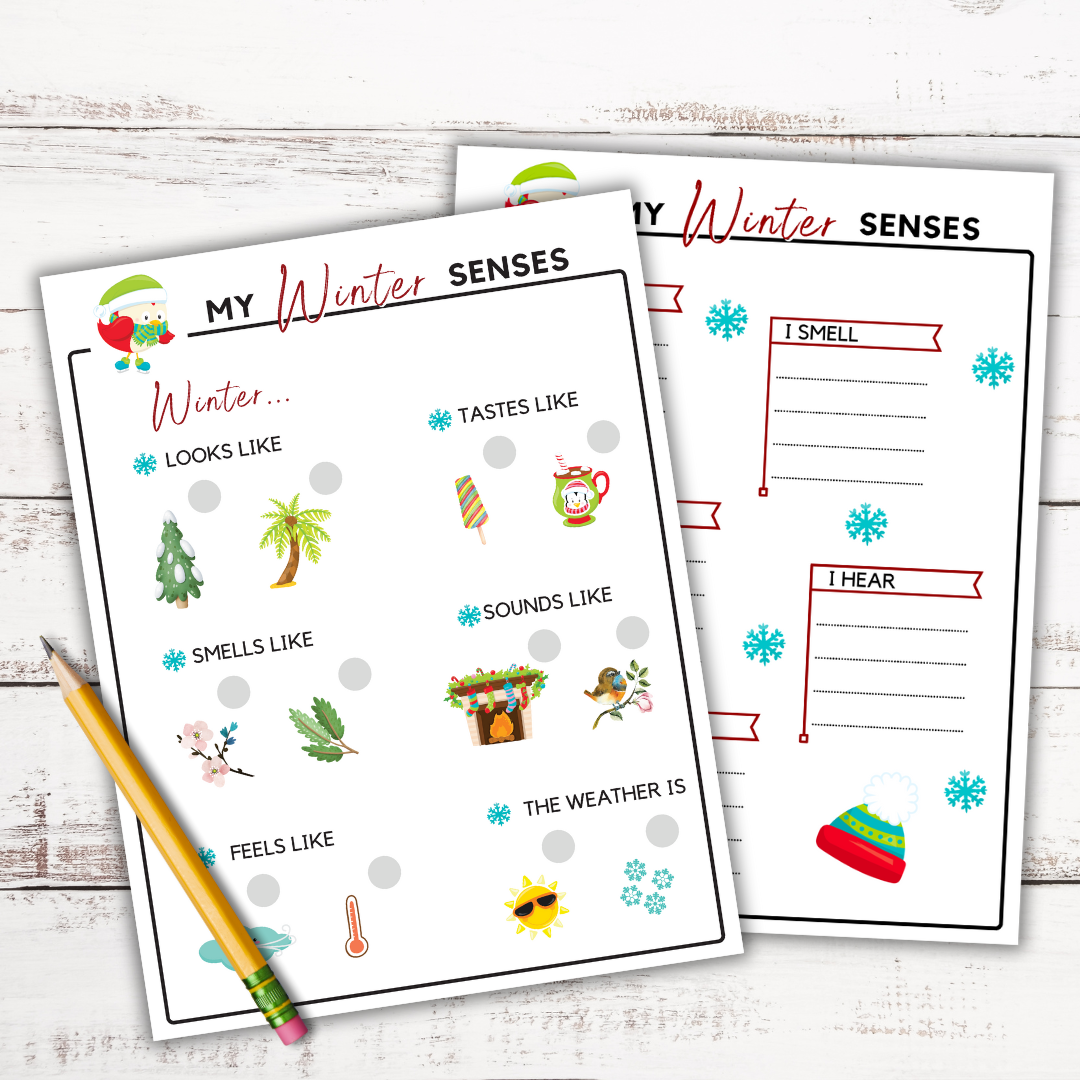What Age to Start Homeschooling
When deliberating on the right time for homeschooling, asking “What age to start homeschooling” is a common question among parents. Homeschooling, a personalized and flexible form of education, has been gaining popularity worldwide for its potential to cater to each child’s unique learning style.
The age range for homeschooling is broad and can feasibly start from pre-kindergarten ages and extend through high school. However, the definitive answer to the appropriate age to begin homeschooling depends on the individual child and their readiness to engage in this form of learning. Recognizing your child’s learning readiness, maturity, and enthusiasm can help make the transition to homeschooling smooth and efficient.
Remember, homeschooling is not a one-size-fits-all approach. It offers the flexibility to adapt the learning process to your child’s pace and style, making it possible to start at nearly any age. The decision, ultimately, is a personal one that has to be made considering the child’s uniqueness and the family’s ability to facilitate homeschooling.

What Age to Start Homeschooling
Homeschooling is a flexible form of education that can be initiated at any age. It’s not confined to traditional school-age boundaries and can be started whenever the child and family feel ready.
It’s a flexible approach that adjusts to the child’s unique pace, style, and developmental stage. Whether your child is pre-kindergarten age or on the brink of entering high school, homeschooling can be an effective educational alternative.
Let’s delve further into the flexibility of starting ages in homeschooling, emphasizing that there isn’t a ‘one-size-fits-all’ age to begin.
Homeschooling the Early Years (Ages 3 – 5)
Early childhood education plays a vital role in shaping the foundation of a child’s learning journey. It’s during this stage that children acquire basic skills and knowledge that are crucial for their future development. Homeschooling in preschool can be a great way to start this educational journey, offering a personalized and flexible approach.
Homeschooling in the early years presents several advantages. First and foremost, it allows parents to tailor educational experiences to their child’s individual needs, interests, and pace of learning. It also facilitates a strong bond between parents and children, fostering a nurturing and supportive learning environment.
Despite the benefits, challenges can also be present. These may include the necessity of constant parental involvement and the need for parents to proactively seek out socialization opportunities for their children. Additionally, some parents may initially feel overwhelmed by the responsibility of being their child’s primary educator.
There are a vast number of resources available to parents homeschooling kindergarten and preschool. This includes both online and print materials that cater to a variety of learning styles. Online platforms offer interactive games and activities designed to make learning fun, and there are numerous books and workbooks available that focus on fundamental skills.
When choosing a curriculum, it’s important to consider one that’s flexible and adaptable to your child’s needs. Remember, the goal is not to replicate the school system at home, but to create an environment where your child can thrive and develop a love for learning.

Homeschooling the Elementary Years (Ages 6 – 11)
Children at the elementary age start transitioning into a more structured form of learning. It’s during this time that homeschooling can focus on core academic subjects, while still maintaining an emphasis on the child’s interests and curiosity. The flexibility of homeschooling allows it to be tailored to the learner’s pace, enabling them to master one concept before moving on to the next.
Simultaneously, social development becomes crucial during these years. Contrary to popular belief, homeschooling doesn’t mean children will miss out on socialization. Parents can organize playdates, and extracurricular activities, or join local homeschooling groups to ensure their child interacts with peers. Exposing them to diverse social situations can foster communication skills, teamwork, and an understanding of different perspectives.
Selecting resources and a curriculum for this age group can be a blend of structured learning materials and interactive, hands-on activities. Online platforms provide engaging lessons in Math, English, Science, and other subjects, often gamifying learning to keep it fun and exciting.
Libraries and bookstores provide curriculum guides and workbooks for homeschooling. Supplement with field trips, experiments, and projects. Choose resources that match your child’s learning style and interests, fostering a love for learning and active participation in education.

Homeschooling the Middle School Years (Ages 12 – 14)
Homeschooling during the middle school years can present its own unique set of challenges and opportunities. This stage of education serves as the bridge between elementary learning and the more complex high school curriculum. With children in this age group entering adolescence, they undergo significant physical, emotional, and cognitive changes. Therefore, homeschooling needs to address these unique developmental needs while ensuring academic progression.
One of the significant challenges during these years is helping pre-teens navigate their emotional shifts and the onset of adolescent issues like heightened self-consciousness, peer pressure, and identity exploration. Homeschooling provides a safe and supportive environment for children to navigate these changes. However, it requires parents to be attuned to these transformations and encourage open dialogue about feelings and experiences. It’s also a prime time to instill time management, organizational skills, and independent learning strategies. These skills are essential for high school and beyond when students will be required to manage more complex academic tasks and greater personal responsibilities.
In preparation for high school, homeschooling during the middle school years should increasingly focus on equipping students with the necessary skills for a more advanced level of study. This includes deepening their understanding of core subjects like math, science, and English while fostering critical thinking, analytical skills, and problem-solving abilities. Students may begin to explore areas of specific interest, which can be nurtured through project-based learning or extracurricular activities.
When it comes to resources and curriculum for homeschooling pre-teens, a balance between structure and flexibility should be maintained. Structured learning materials for core academic subjects can be complemented with interactive, project-based activities that tap into the child’s interests and promote active engagement.
Online learning platforms offer middle school curriculums that are engaging with graphics, videos, and interactive lessons. Meanwhile, workbooks can provide structured practice for math and language arts skills. It’s also a good idea to introduce children to educational research tools like digital libraries and educational databases.
Remember, the goal is to create a holistic learning environment that nurtures academic growth while attending to the unique developmental needs of children in this age group.

Homeschooling the High School Years (Ages 15 – 18)
Homeschooling during the high school years serves as a vital phase where students prepare for college and future career paths. This period is characterized by more complex subjects, a focus on specialized areas of interest, and greater personal responsibility. To keep homeschooling effective and engaging, maintaining motivation becomes a critical aspect. Parents can connect studies to real-world applications, giving learning purpose. Critical thinking and self-directed learning prepare for college.
Understanding and mastering complex subjects can be a challenge during these years. However, homeschooling offers the flexibility to approach these subjects at a comfortable pace, ensuring comprehensive understanding before progressing. Parents can also consider outside resources such as tutoring, online courses, or community college classes for subjects that they may not feel fully equipped to teach.
When choosing resources and a curriculum, consider options that not only cover the necessary academic material but also align with the student’s post-high school plans. Online learning platforms have advanced high school curriculums, often including standardized test preparation materials. For science and math-intensive courses, resources with interactive simulations and problem-solving exercises can be beneficial. Literature and social studies can be made more engaging through a mix of textbooks, historical novels, documentaries, and discussions.
Most importantly, don’t forget about real-world learning. Internships, part-time jobs, volunteer work, and other extracurricular activities can provide valuable life skills and a better understanding of potential career paths. College preparation should also be a focus, with resources dedicated to SAT/ACT preparation, college application guidance, and career exploration.
Throughout the high school homeschooling journey, remember that the goal is to foster a lifelong love for learning. This period is not just about academic knowledge, but also about developing skills in critical thinking, problem-solving, communication, and self-discipline that will shape the student’s future path.

Deciding the Right Age to Homeschool
When deciding to homeschool, choosing the appropriate age to start can be a complicated decision, influenced by various factors. Every child is unique, and what works for one might not necessarily suit another.
Homeschooling requires maturity and independence to follow instructions and concentrate on tasks. Parents must be available and committed, dedicating time to planning, teaching, and evaluating progress while considering their own schedules and responsibilities.
Legal requirements in your location are another crucial aspect to consider. Different regions have distinct laws regarding the minimum age for homeschooling. Therefore, parents need to be aware of the local regulations and ensure they comply with them.
In conclusion, deciding when to homeschool should be a well-informed decision, considering the child’s readiness, parents’ commitment, and local legal requirements. It is always recommended to consult with education professionals or experienced homeschooling parents for advice when making this important decision.

Homeschooling evolves with your child’s development, from interactive early years to structured pre-teen years, and purposeful high school education.
Choosing the right age for homeschooling requires considering readiness, time commitment, and legal factors. Homeschooling is flexible and personalized, catering to each child’s unique learning needs.
As you consider embarking on this journey, remember that you are not alone. There are resources, communities, and professionals ready to guide and support you.
Nurture your child’s love for learning, fostering growth in academics, critical thinking, problem-solving, and character.
Create a nurturing home environment where your child’s curiosity, creativity, and love for learning can thrive.





